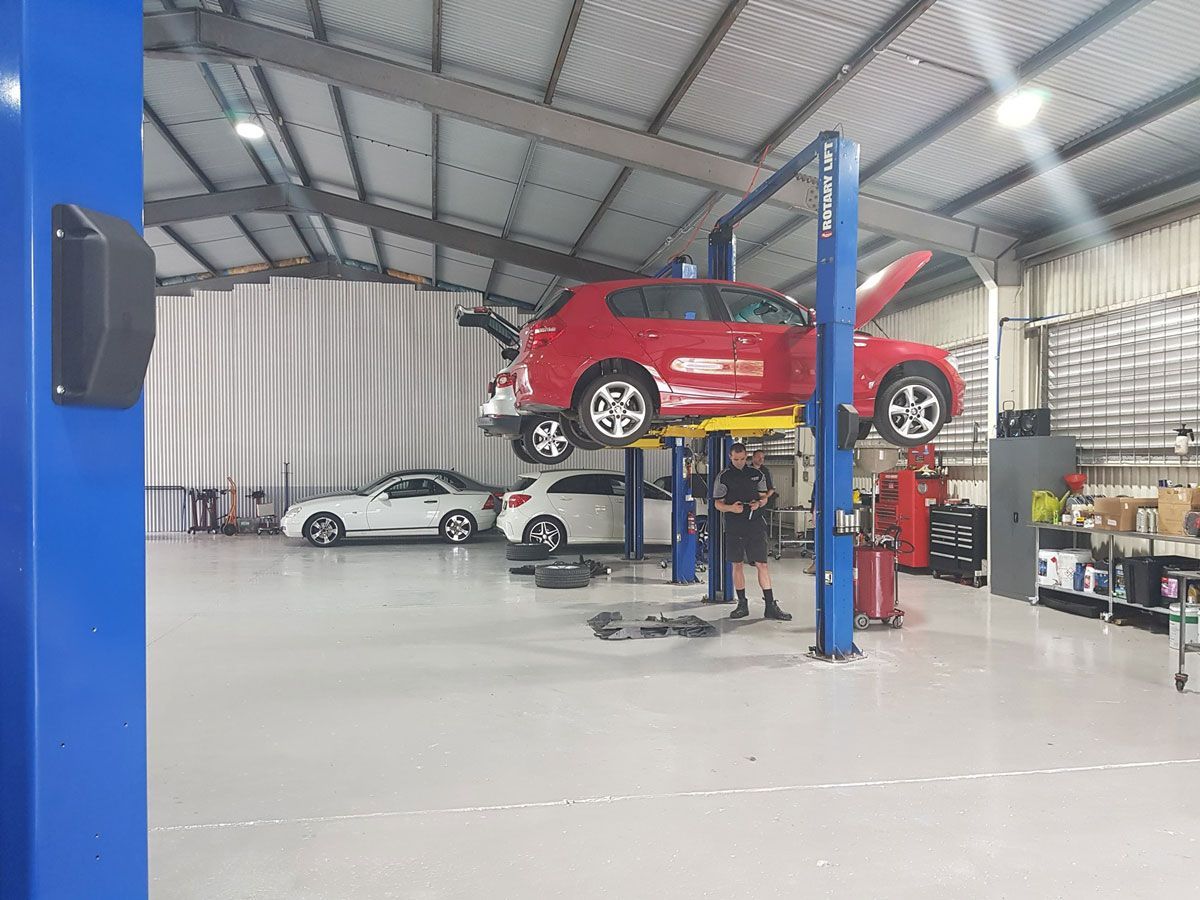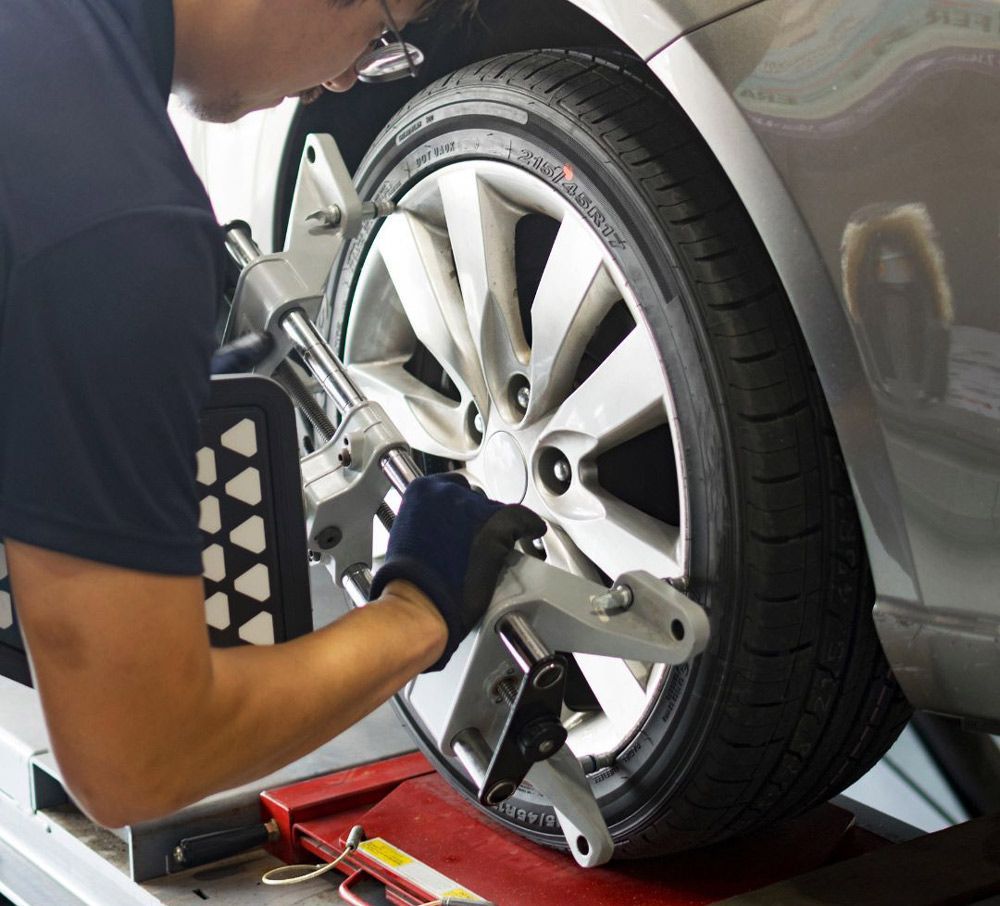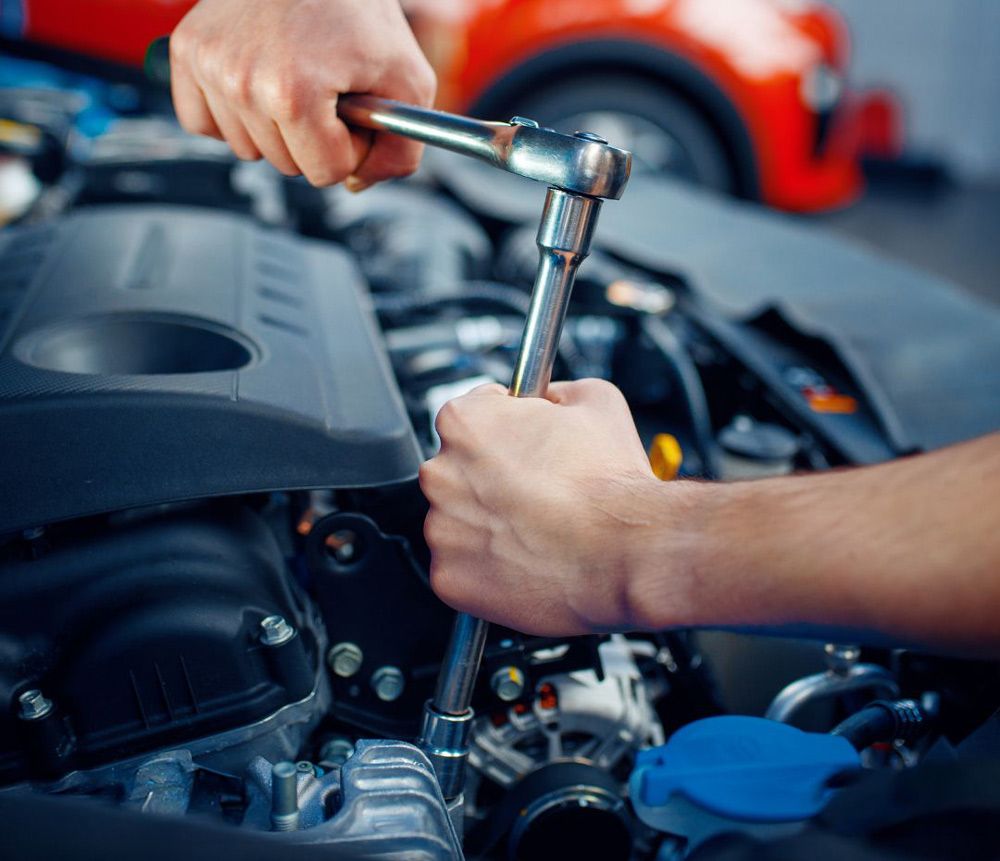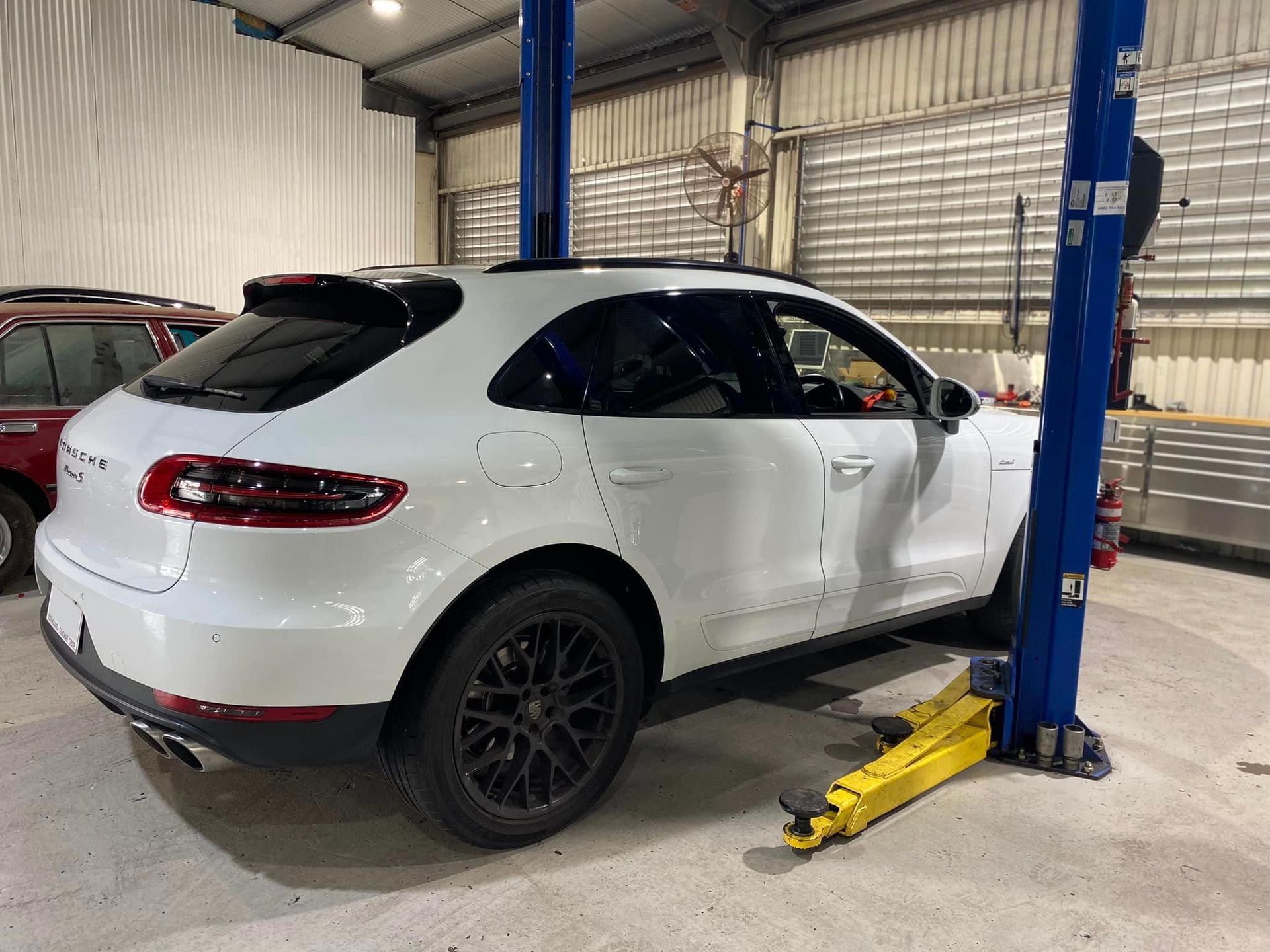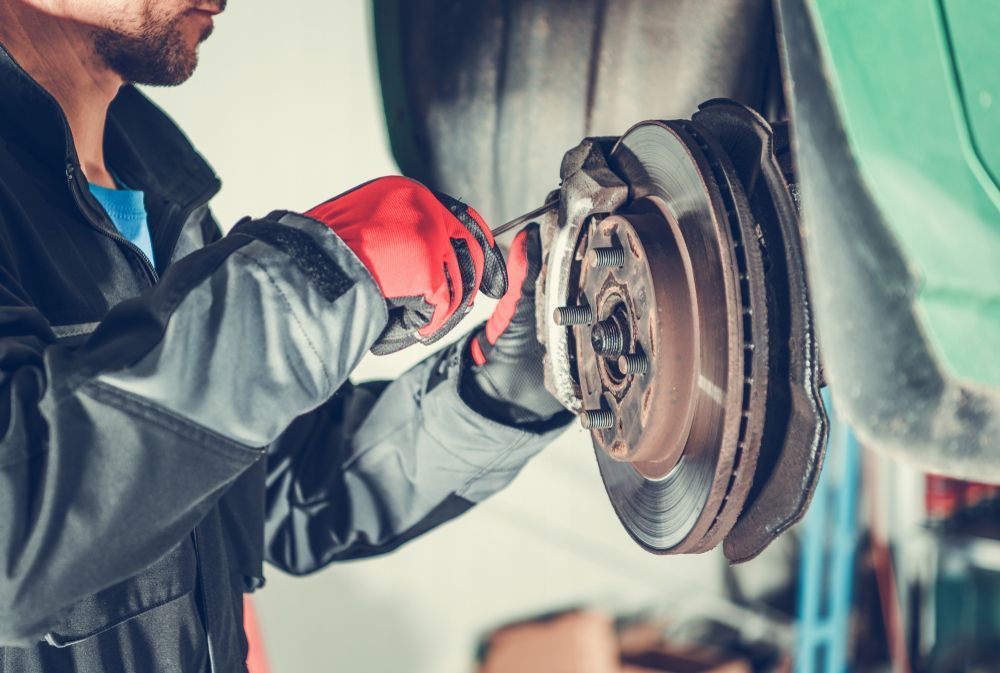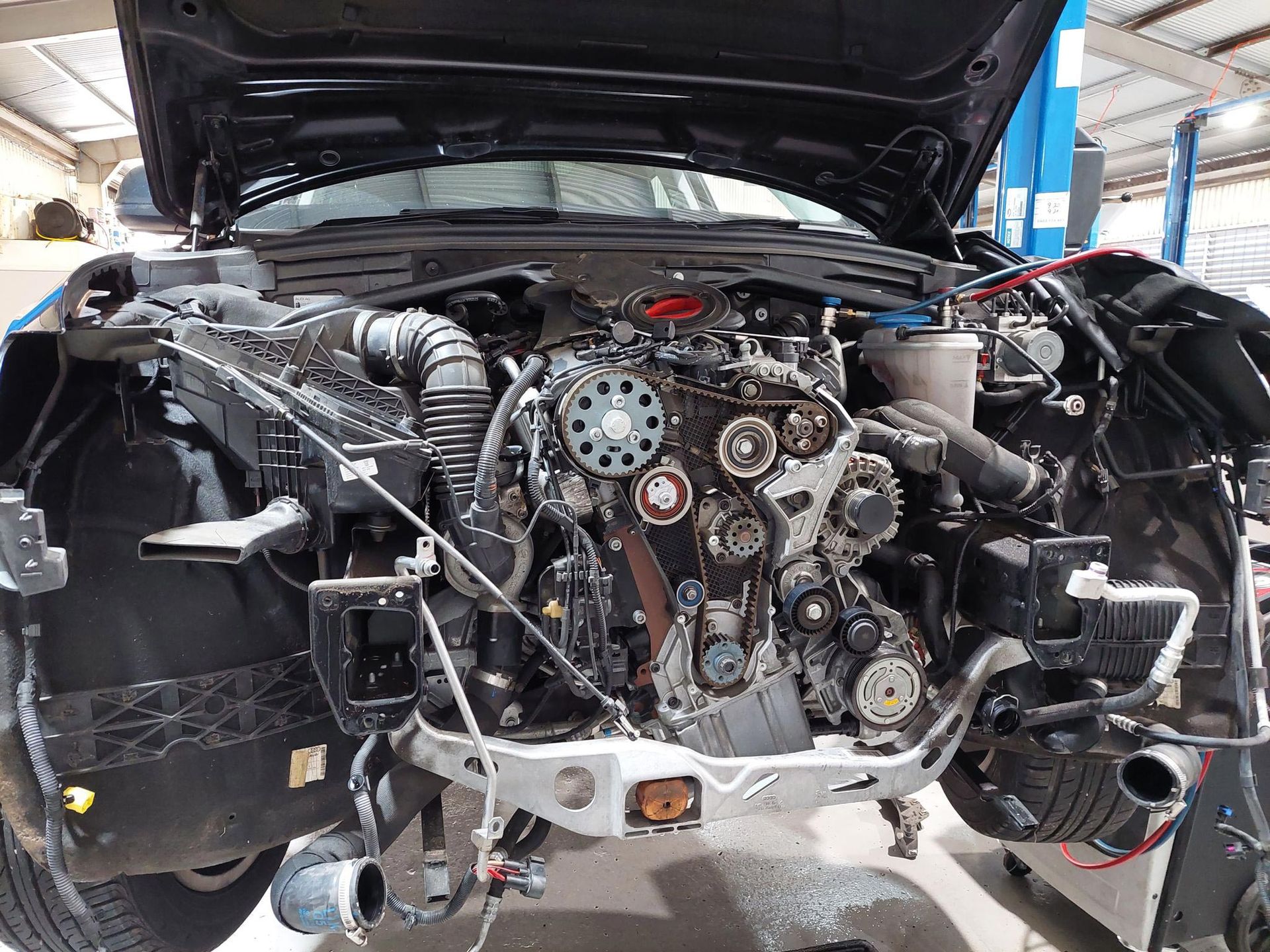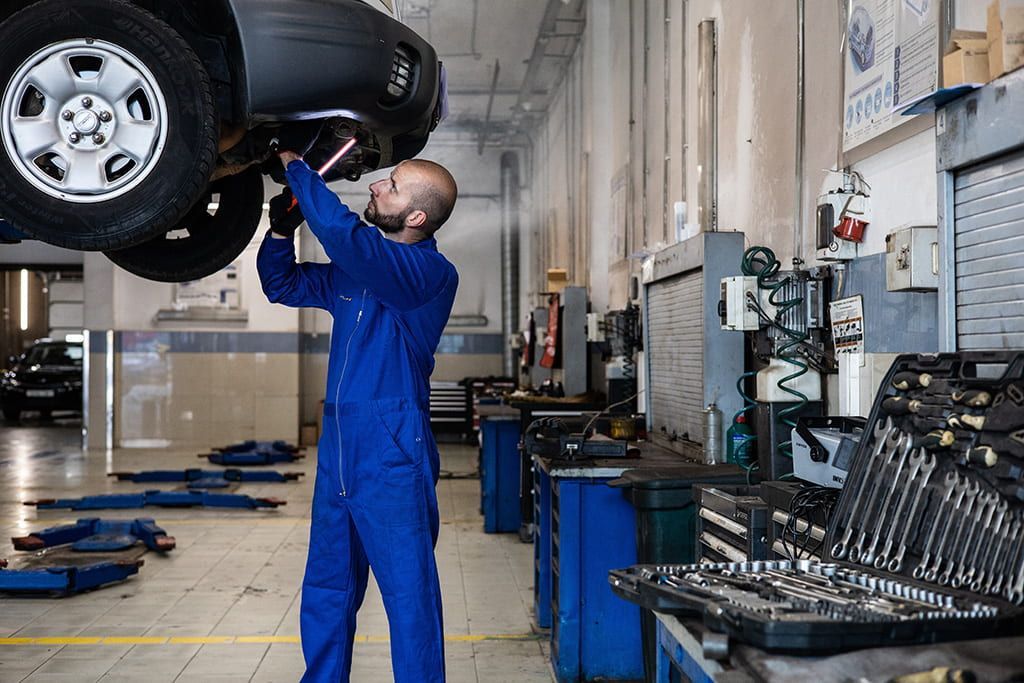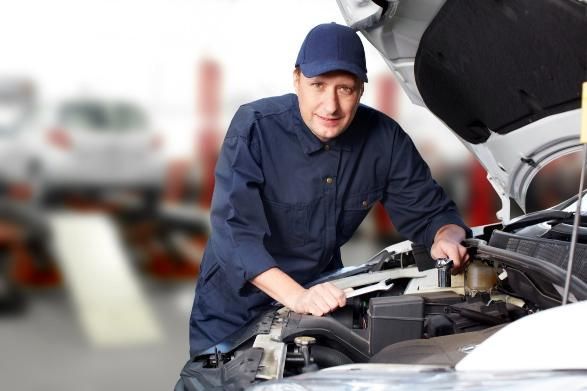What To Do If Your European Car Is Overheating
European cars are engineered for performance, efficiency, and precision but are not immune to overheating issues. Whether you're driving a BMW, Audi, Mercedes-Benz, or Volkswagen, engine overheating is a serious concern that requires immediate action. If not addressed, it can lead to costly engine damage, breakdowns, or even total engine failure.
This blog will help you identify the common causes of overheating, troubleshoot the issue, and understand why seeking professional help from a European car mechanic on the Sunshine Coast is important.
Common Causes of Overheating in European Cars
Overheating is often a sign of an underlying mechanical issue that needs urgent attention. Some of the most common causes include:
- Coolant Leaks – Leaks in the radiator, hoses, or water pump can cause coolant levels to drop, reducing the system’s ability to cool the engine.
- Thermostat Malfunction – A faulty thermostat can prevent coolant from circulating, causing the engine to overheat rapidly.
- Blocked or Clogged Radiator – Radiators can accumulate dirt, rust, or debris over time, restricting coolant flow and reducing cooling efficiency.
- Faulty Cooling Fans – If the electric cooling fan fails, there won’t be enough airflow to dissipate heat, especially in stop-and-go traffic.
- Water Pump Failure – The water pump circulates coolant through the engine. If it fails, overheating is inevitable.
- Low Oil Levels – Engine oil helps with cooling by reducing friction. Low oil levels can cause excessive heat buildup.
Regular car service can prevent many of these issues, ensuring your vehicle runs efficiently without overheating.
Why European Cars Require Specialised Cooling System Repairs
European cars come with sophisticated cooling systems that differ significantly from standard vehicles. Their advanced engineering requires professional expertise when diagnosing and fixing overheating issues. Some unique cooling system features in European cars include:
- Pressurised Coolant Reservoirs – Many European cars use pressurised expansion tanks instead of traditional overflow tanks, requiring precise maintenance.
- Electronic Water Pumps – Unlike traditional belt-driven water pumps, many European vehicles (such as BMW and Audi models) use electric water pumps requiring specialised diagnostics and repairs.
- High-Performance Engines – European cars, especially turbocharged models, generate more heat than standard engines and require efficient cooling solutions.
- Aluminium Radiators – These radiators are lightweight and highly efficient but require specific coolants to prevent corrosion.
When to Visit a European Car Mechanic
If your car continues to overheat despite topping up the coolant or if you notice any of the following signs, it’s time to visit a professional mechanic:
- Burning Smell – Overheating engines can cause a burning smell, indicating excessive heat buildup or leaking coolant.
- Steam or Smoke – White steam from under the hood means your cooling system is failing.
- Frequent Overheating – If your car overheats often, even on short trips, an underlying issue may need professional attention.
- Dashboard Warning Lights – Most modern European cars have a temperature warning light that signals overheating problems.
A certified European car mechanic can diagnose the problem using specialised tools and repair it before it leads to serious engine damage.
Rely on Us for European Car Servicing on the Sunshine Coast
At SVS Autocare, we are dedicated to servicing and repairing European vehicles to ensure optimal performance and longevity. Our team of European car mechanics on the Sunshine Coast provides car service on the Sunshine Coast, diagnosing overheating issues and keeping your vehicle running smoothly. Book your car service today!

